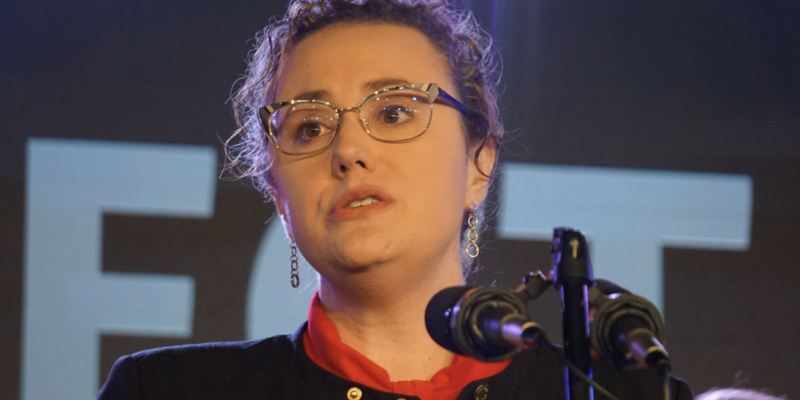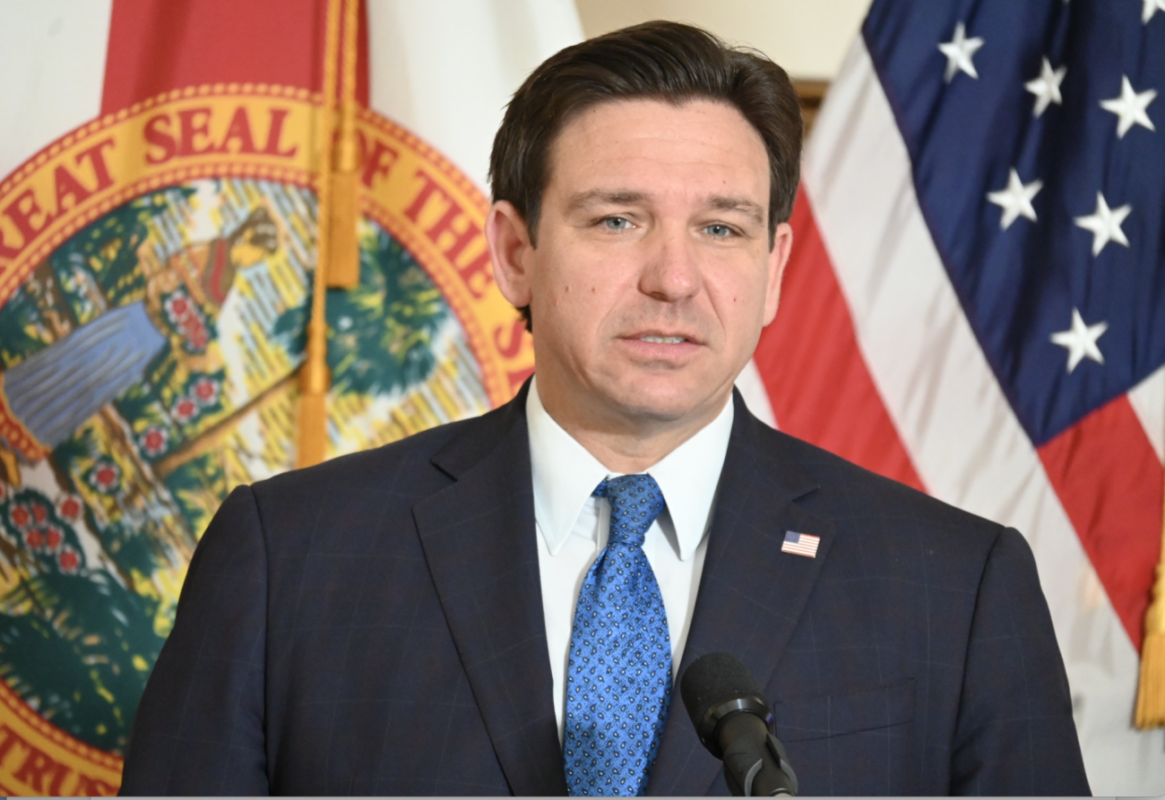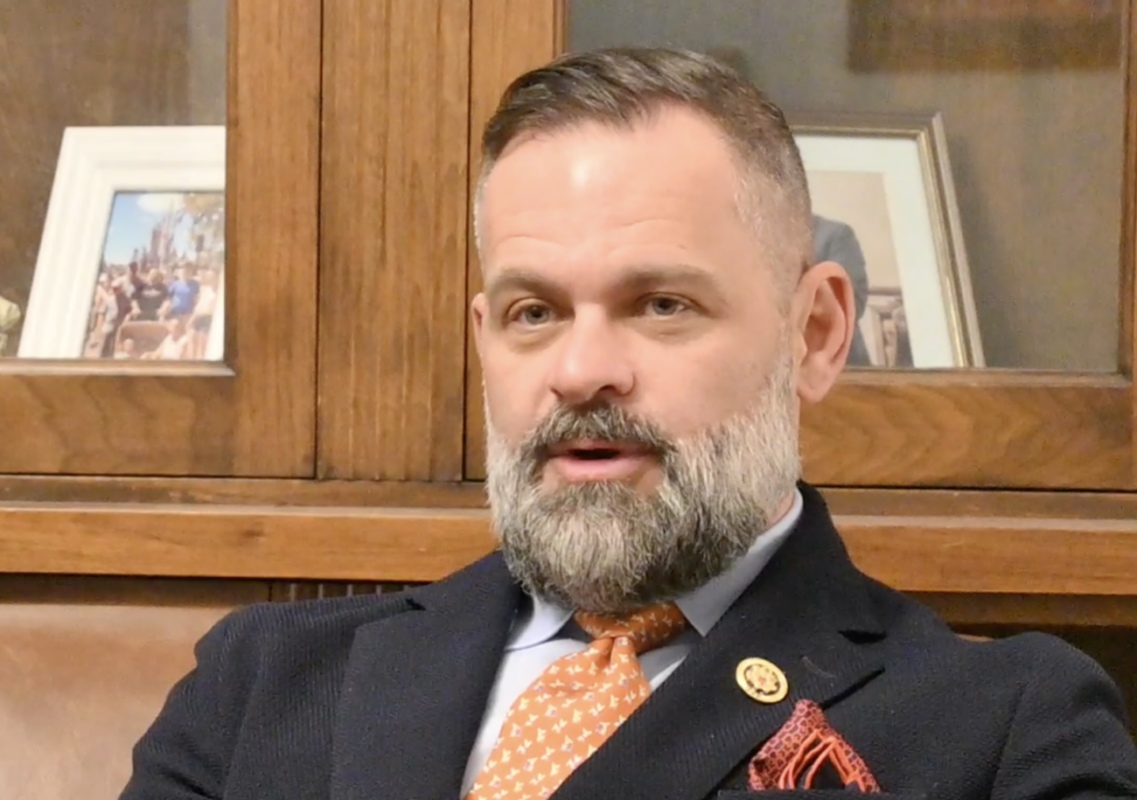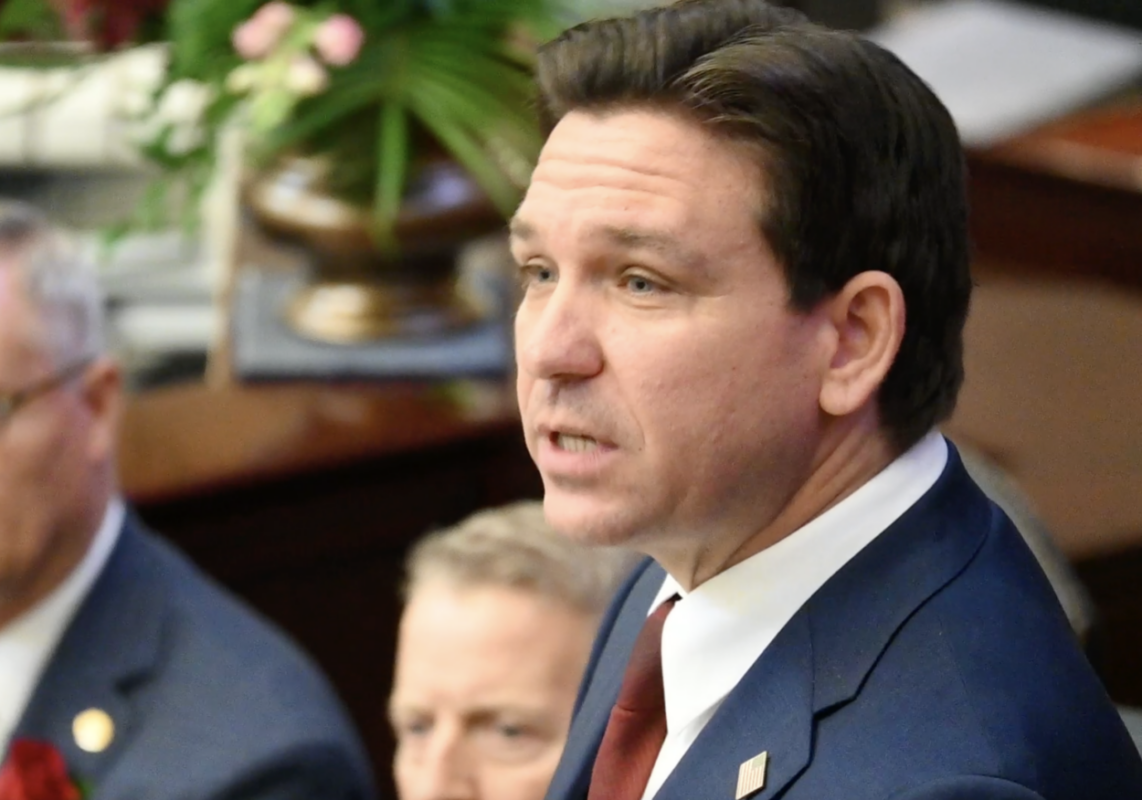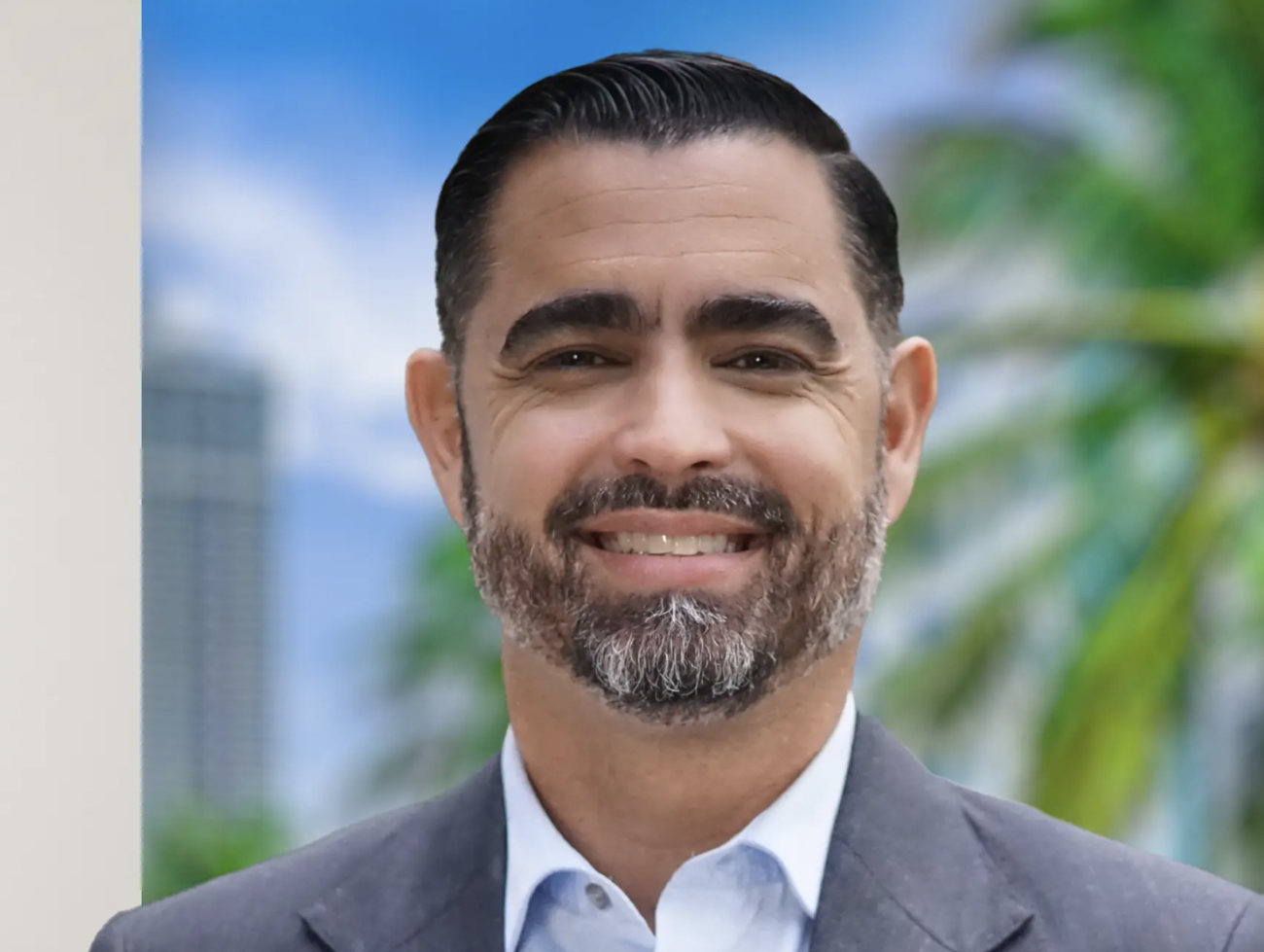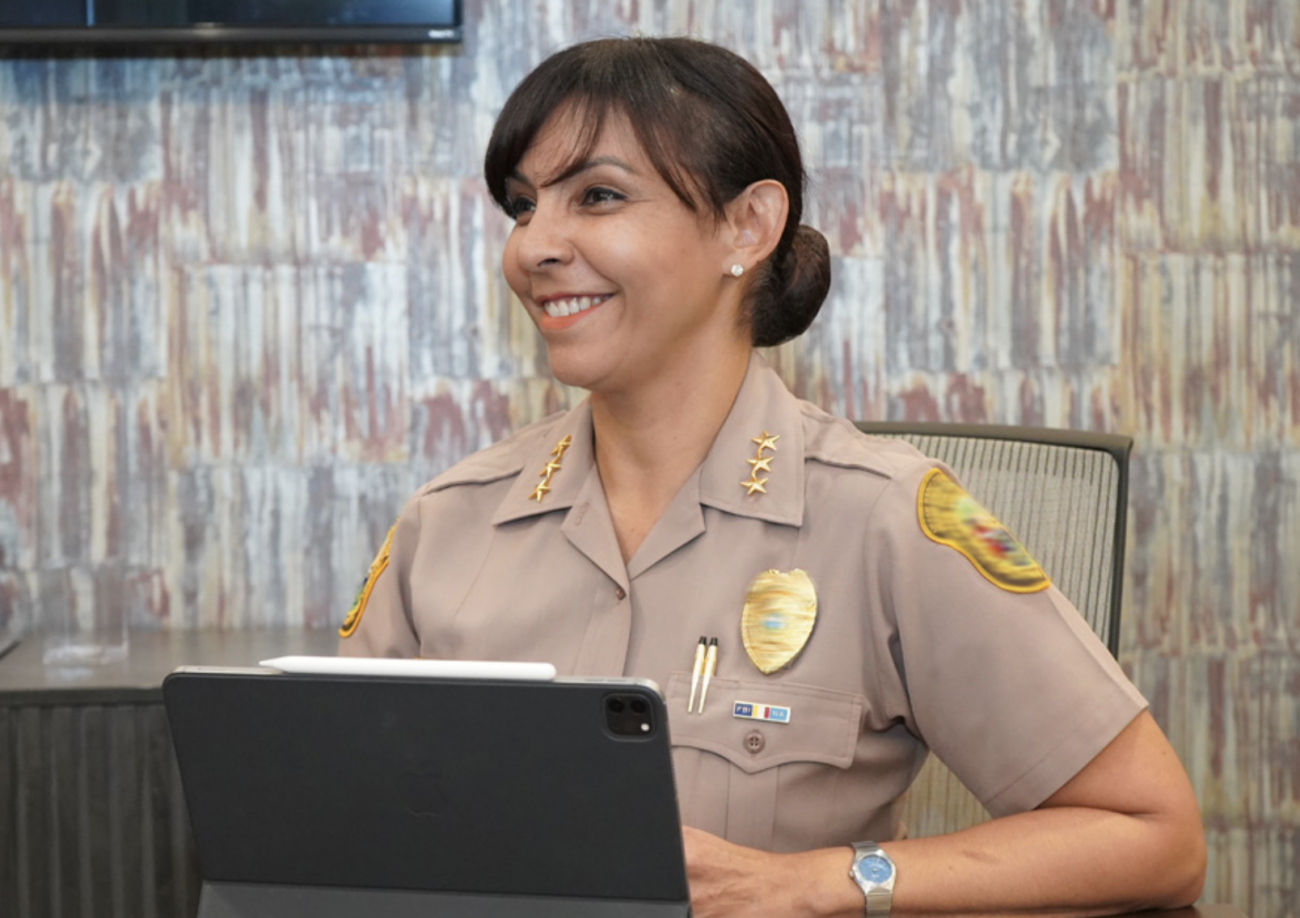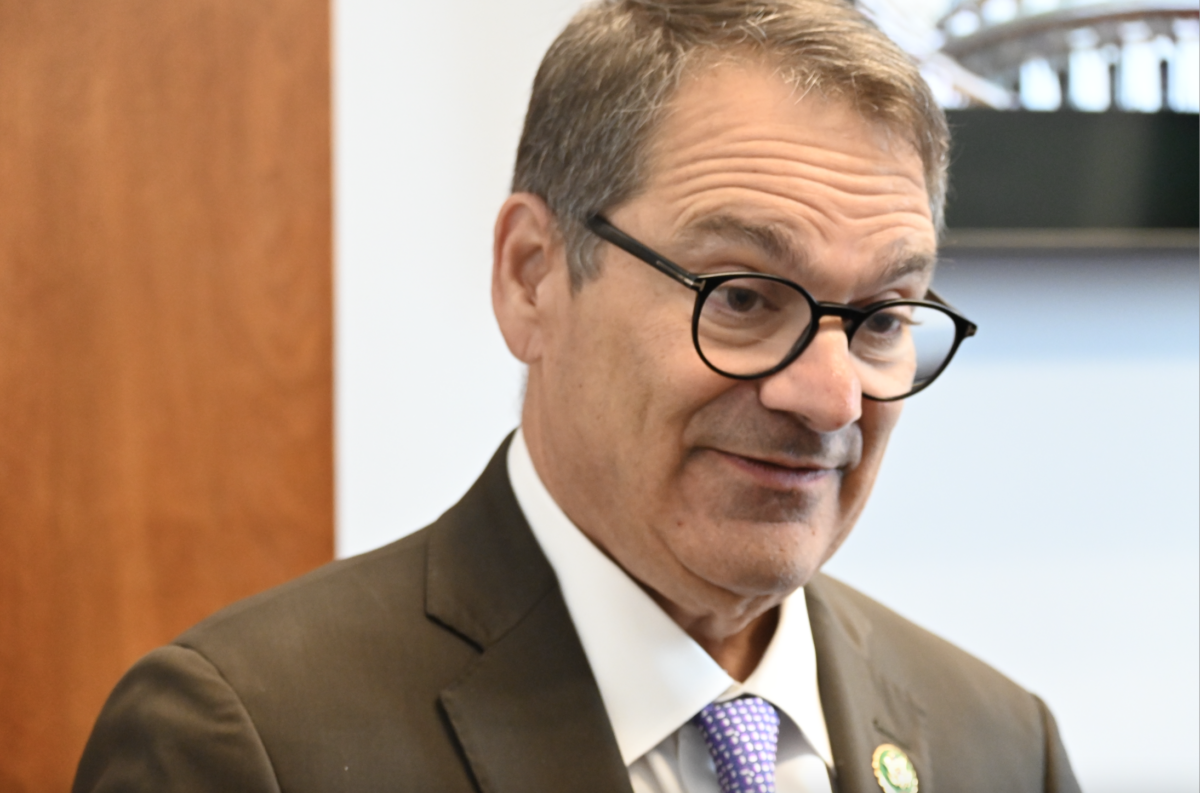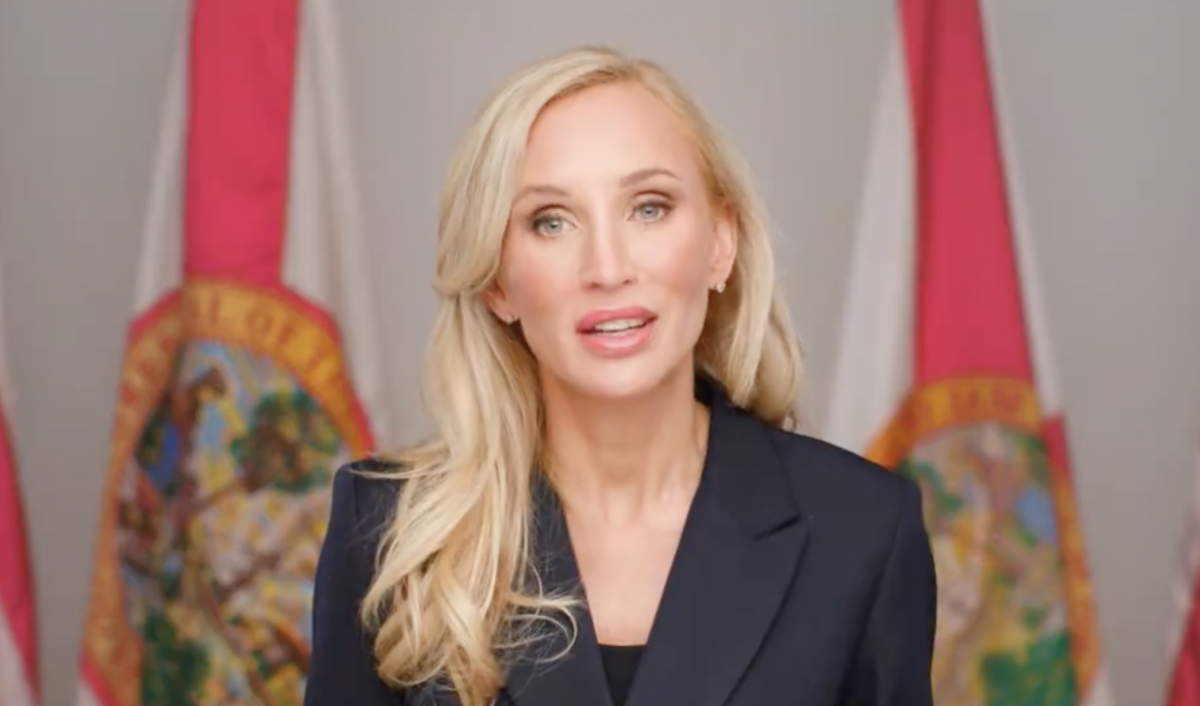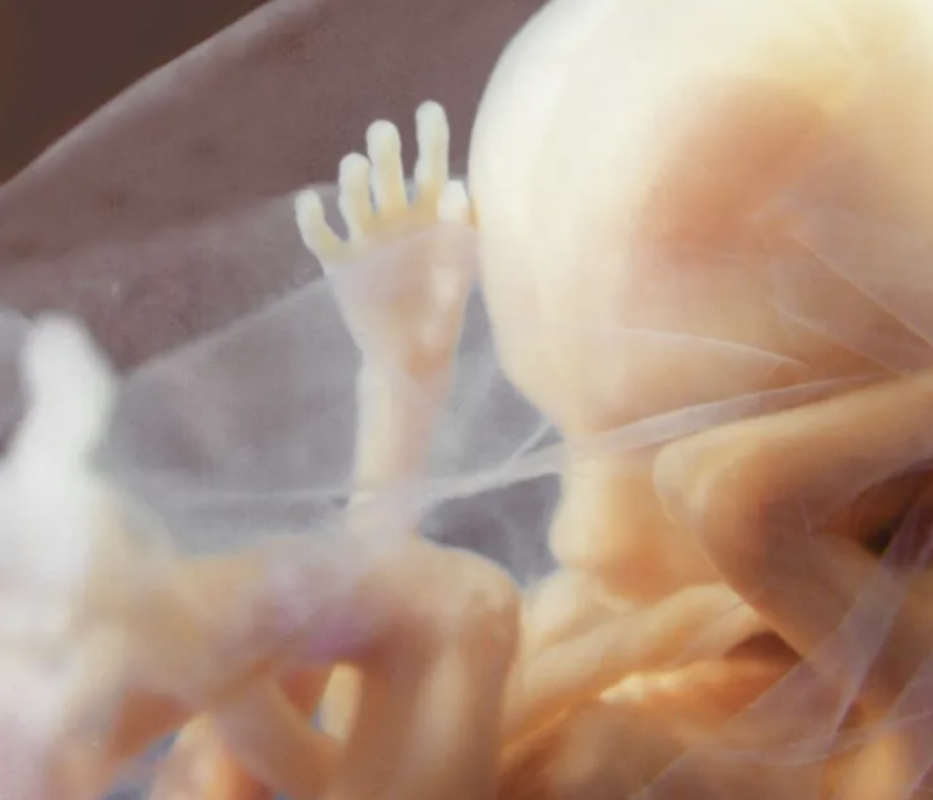TALLAHASSEE, FL—The Florida Legislature's second attempt at social media regulations for children has passed the Senate Floor, providing for increased parental rights provisions. The bill replaces its sister measure, which was killed by the Governor after outcries for increased parental discretion.
Sponsored by Republican Sen. Erin Grall, HB 1 would have issued a blanket ban for all children using social media under the age of 16—regardless of parental wishes. Following bipartisan backlash, Gov. DeSantis vetoed the measure and announced its replacement—HB 3.
Also sponsored by Sen. Grall, HB 3 originally banned pornography sites from allowing minors to view their sites. Its provisions were adopted into the now-dead HB 1, resulting in the porn bill being absent for weeks.
Until Monday morning, when Republican Senate President Kathleen Passidomo pulled the bill out of Committee and put it before the Floor. Grall introduced new language to HB 3 that bans social media platforms from allowing children under 16 to be account holders. However, it would permit 14- and 15-year-olds to use social media platforms with parental consent.
"This is our renewed attempt at online safety for minors," Grall said Monday. "Test accounts were created for 13-year-old users, and here's what the algorithm recommended within 2.6 minutes: suicide and self-harm content. Within 8 minutes, eating disorder content, and 82% of online sex crimes against minors started when the perpetrator used the social networking site to gain information and introduction,"
"We have to do something, and we can't stand by any longer and allow these companies to own our children with this terrible content," she added.
Despite its softened provisions, some Democrats still raised parental rights concerns, questioning the "randomness" of only providing 14- and 15-year-olds with parental consent options.
"It's just so narrow that I don't think it deals with the general issue of parental consent," Sen. Tina Polsky said. "I remain a 'no' on this bill because I don't think it is up to us to tell parents when they should allow their children to be on social media,"
"I just think it's arbitrary, and we're just picking randomly two years in which the parent can consent," she added.
HB 3 also requires social media platforms to have an age verification function, allowing each platform to decide which type of verification they want to use, as long as it doesn't "knowingly and recklessly allow minors to access the platform".
"A number of social media platforms have an age of 13 as a requirement, however they allow the child to just put in their birthdate and they consider that to be age verification. They know that that does not actually confirm the age of the child," Grall said, explaining a "reckless" ignorance of the age verification provision in her bill.
If a platform does not comply with the bill, they are subject to a $50,000 fine per violation. If a minor or guardian reports misguided activity by the platform, the minor or guardian will be entitled to up to $10,000 in civil damages.
In a 30-5 vote, the bill passed the Senate Floor. If it is also passed in the House, it will head to the Governor's desk to be signed into law.

